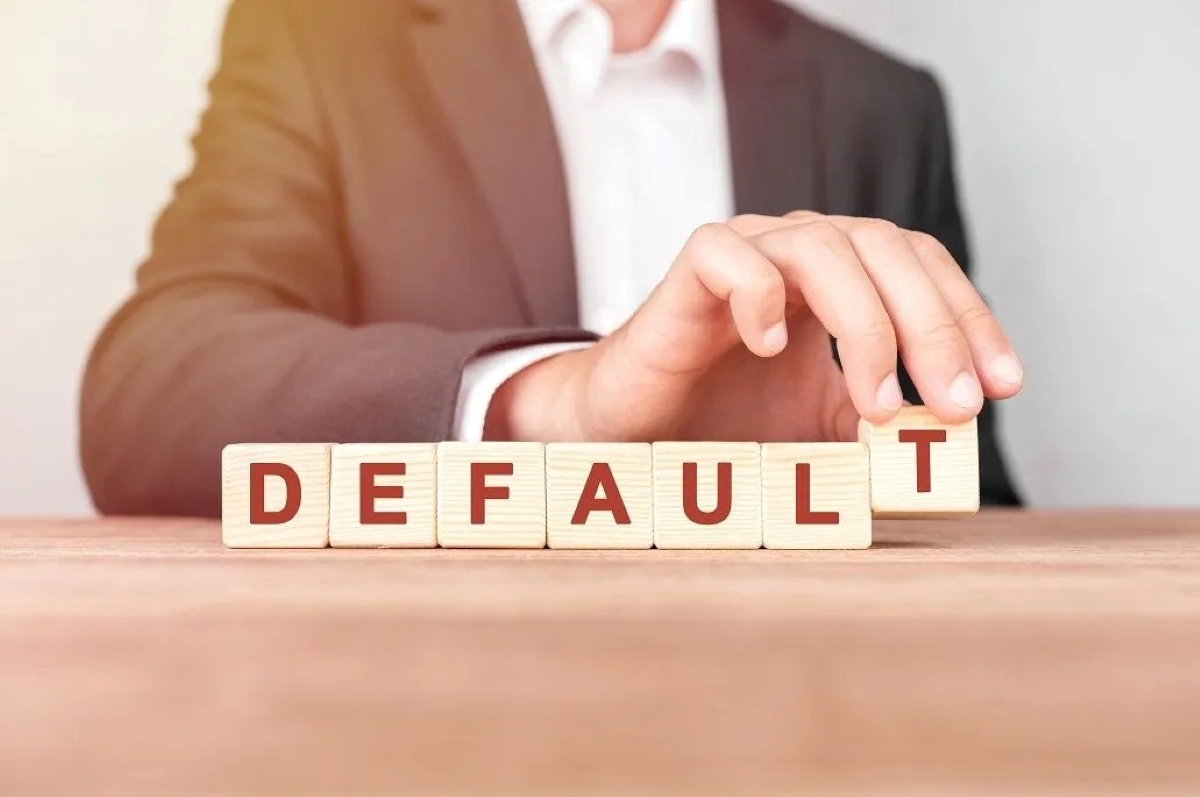Home>Finance>Default Probability: Definition For Individuals & Companies


Finance
Default Probability: Definition For Individuals & Companies
Published: November 9, 2023
Learn the definition of default probability in finance for individuals and companies. Understand the risks and implications in managing financial stability.
(Many of the links in this article redirect to a specific reviewed product. Your purchase of these products through affiliate links helps to generate commission for LiveWell, at no extra cost. Learn more)
Default Probability: Definition for Individuals & Companies
When it comes to managing your finances, understanding the concept of default probability is crucial. Whether you are an individual or a company, assessing the likelihood of defaulting on your financial obligations is essential for making informed decisions. In this blog post, we will explore what default probability means, how it is calculated, and why it is important in the world of finance.
Key Takeaways:
- Default probability measures the likelihood that an individual or company will fail to fulfill its financial obligations.
- Calculating default probability involves analyzing various factors such as credit history, income stability, and industry trends.
Understanding Default Probability
What does default probability mean?
Default probability, also known as default risk or credit risk, refers to the likelihood that borrowers will be unable to repay their debts or meet their financial obligations. It is a crucial concept in finance, as it helps lenders, investors, and individuals assess the level of risk associated with lending or investing in a particular individual or company.
How is default probability calculated?
Calculating default probability involves a meticulous analysis of various factors that can affect an individual’s or company’s ability to meet their financial commitments. These factors include:
- Credit history: Lenders assess an individual’s or company’s credit history to determine their track record of repaying debts and loans. A poor credit history can increase the default probability.
- Income stability: Individuals and companies with stable sources of income are considered less likely to default. Lenders evaluate income stability by analyzing employment history, cash flow statements, and financial ratios.
- Financial ratios: Financial ratios, such as debt-to-income ratio and current ratio, provide insights into an individual’s or company’s financial health. Higher levels of debt relative to income or insufficient liquidity may indicate a higher default probability.
- Industry trends: The overall health and performance of the industry in which an individual or company operates can influence default probability. Adverse industry conditions or market downturns can increase the likelihood of default.
Why is default probability important?
Understanding default probability is crucial for various stakeholders in the financial world:
- Lenders: Banks, financial institutions, and investors use default probability to assess the risk associated with lending money. It helps them determine interest rates, loan terms, and the need for collateral.
- Investors: Investors consider default probability while evaluating investment opportunities. It helps them assess the risk-return tradeoff and make informed decisions.
- Individuals and companies: Assessing their own default probability allows individuals and companies to identify potential weaknesses, take necessary actions to mitigate risks, and improve their financial health.
By understanding default probability, individuals and companies can make better financial decisions, maintain healthy credit scores, and reduce the chances of defaulting on their financial obligations. It is a key aspect of financial risk management and plays a vital role in maintaining a stable and secure financial position.
So, whether you are an individual looking to borrow money or an investor exploring investment opportunities, understanding default probability is essential. By gauging the likelihood of default, you can make informed decisions and navigate the world of finance more confidently.














